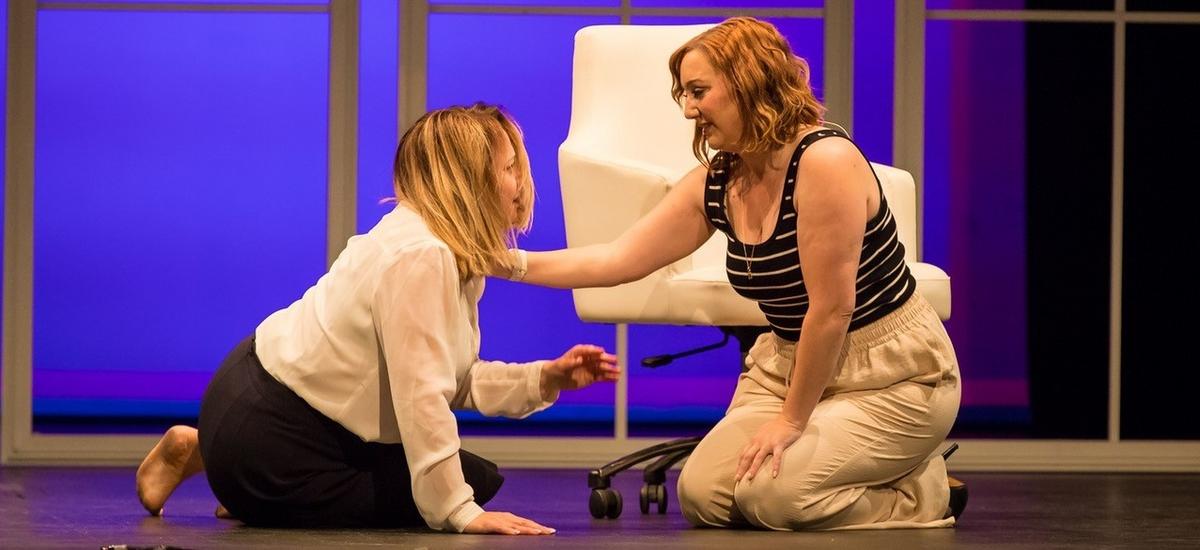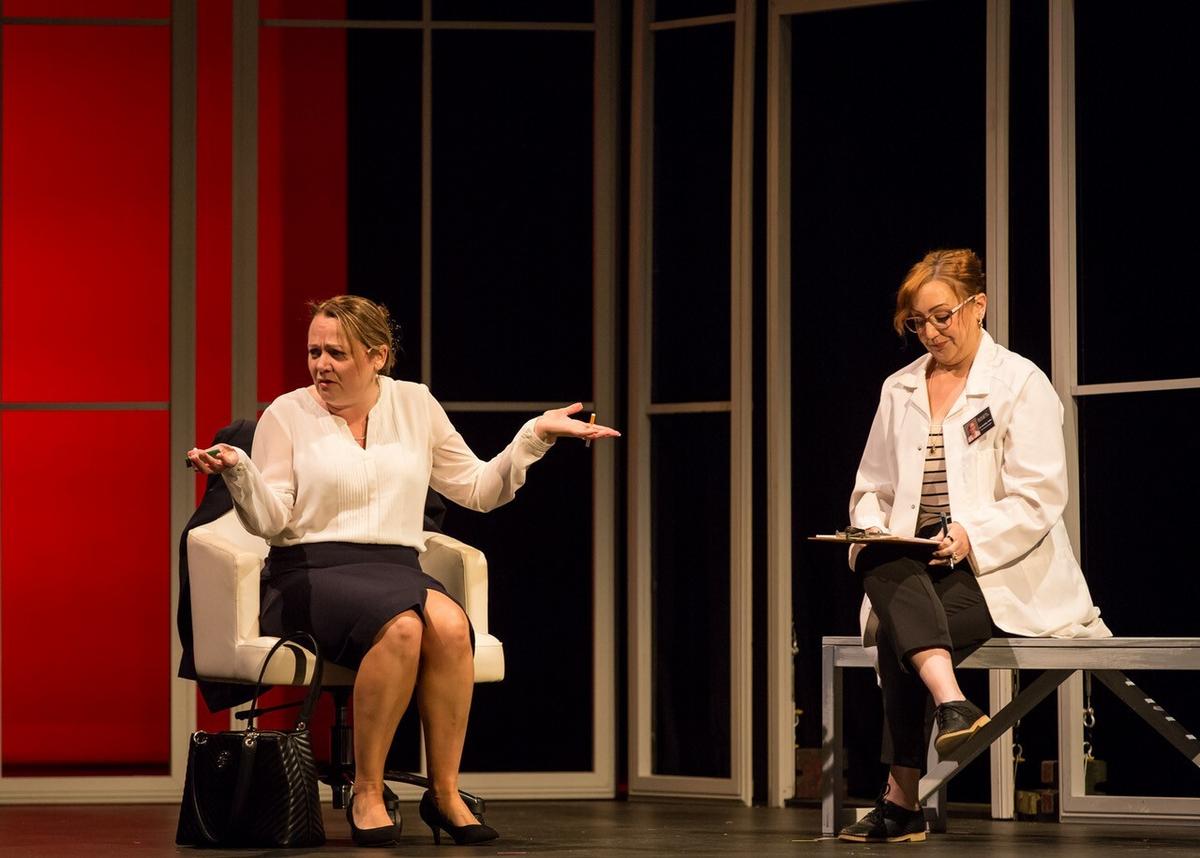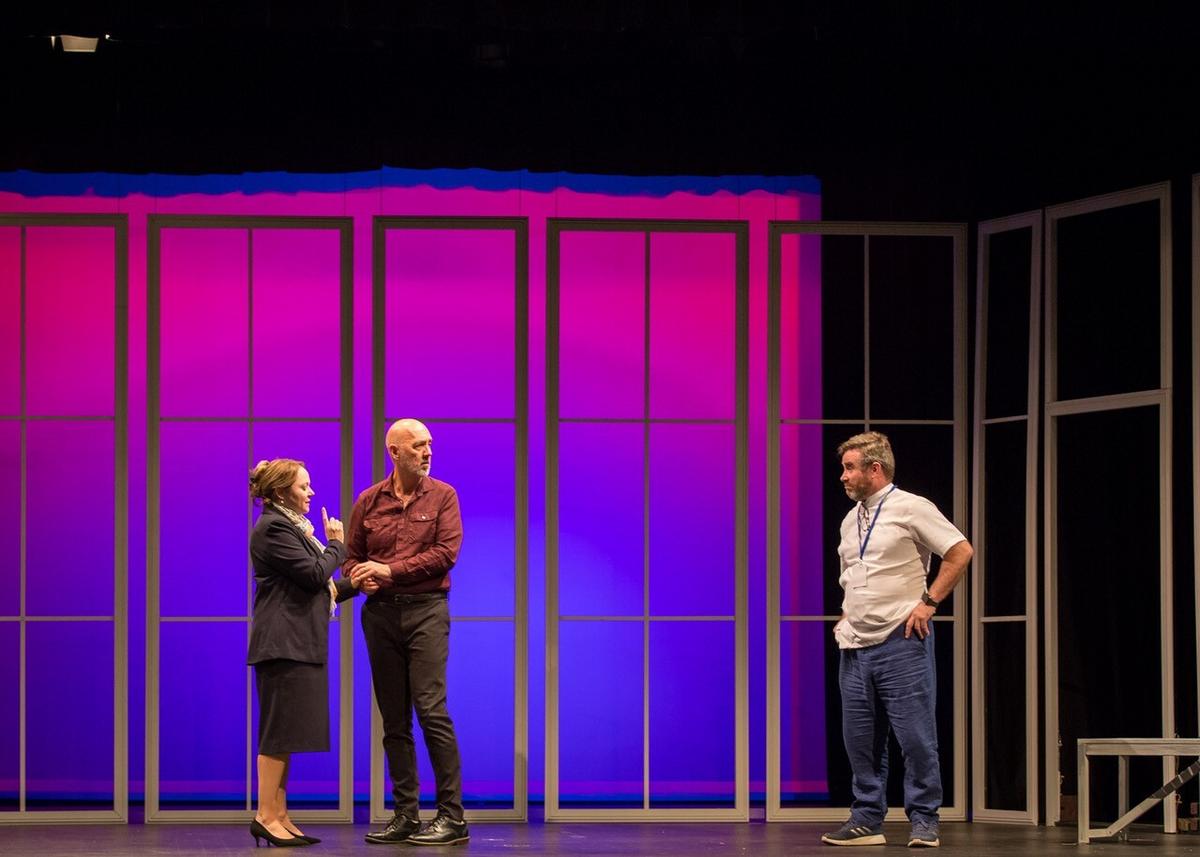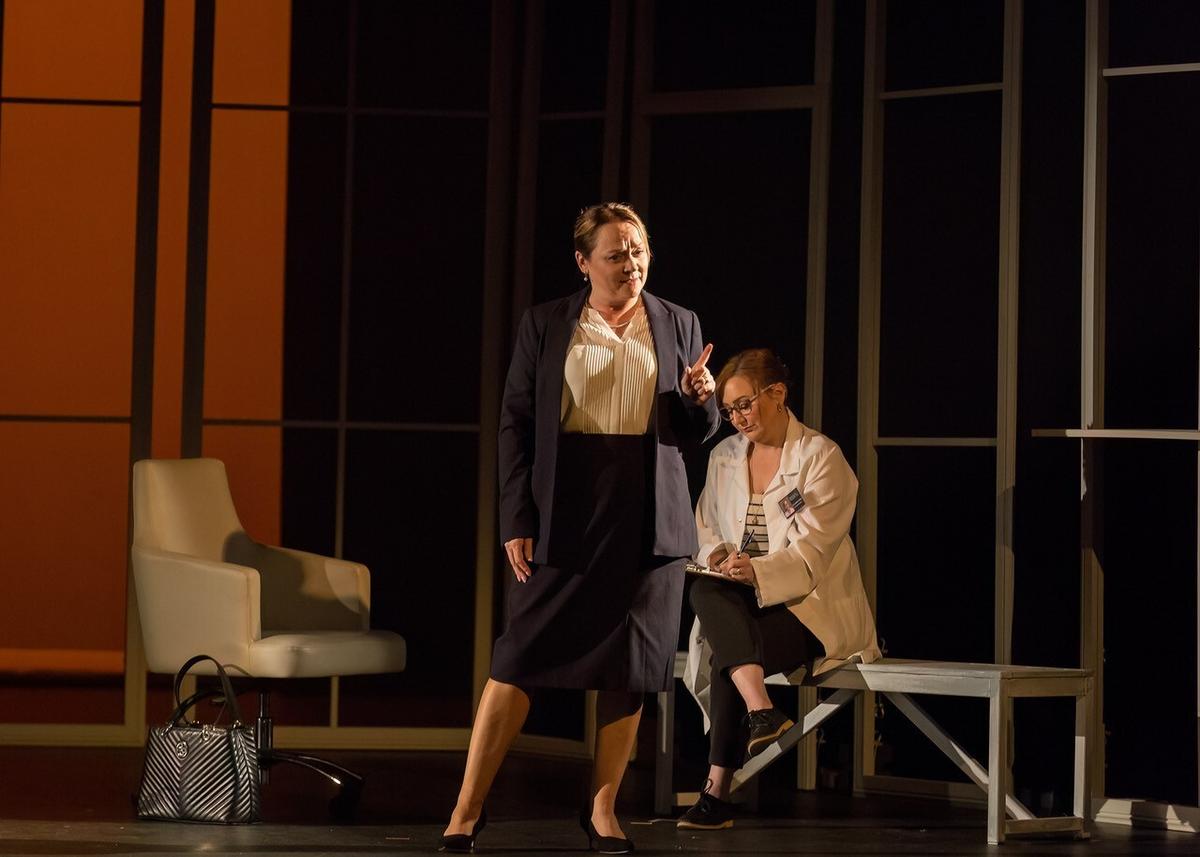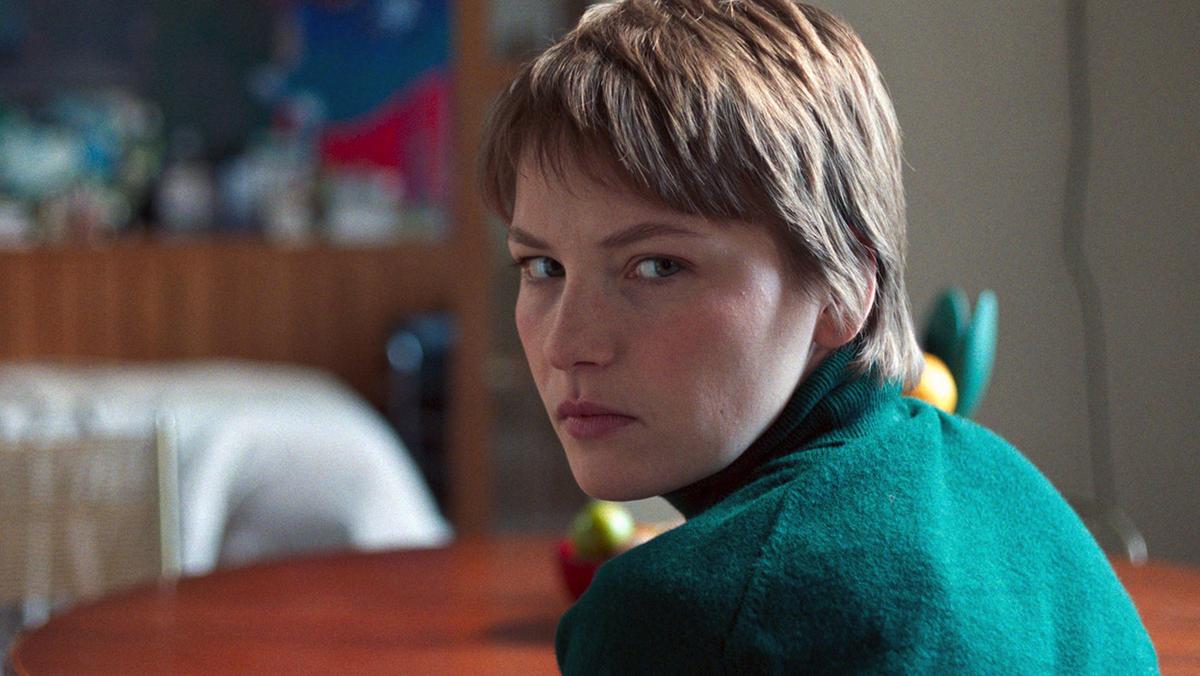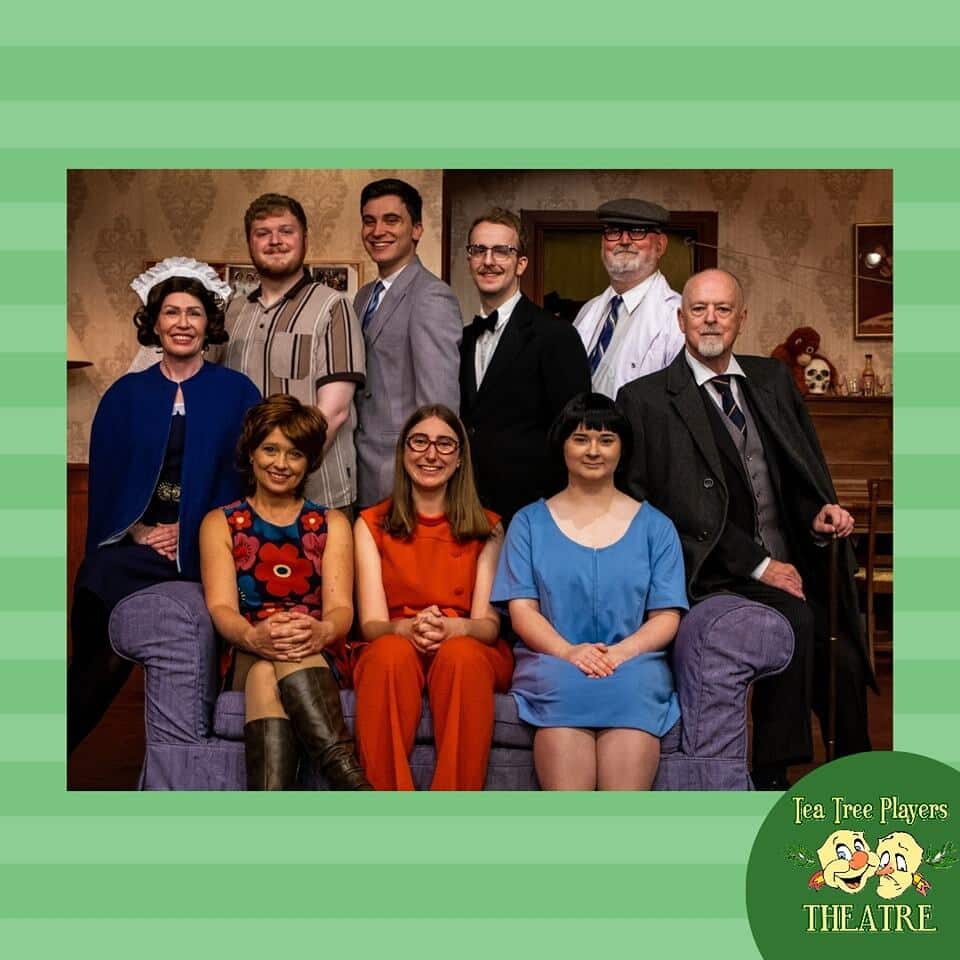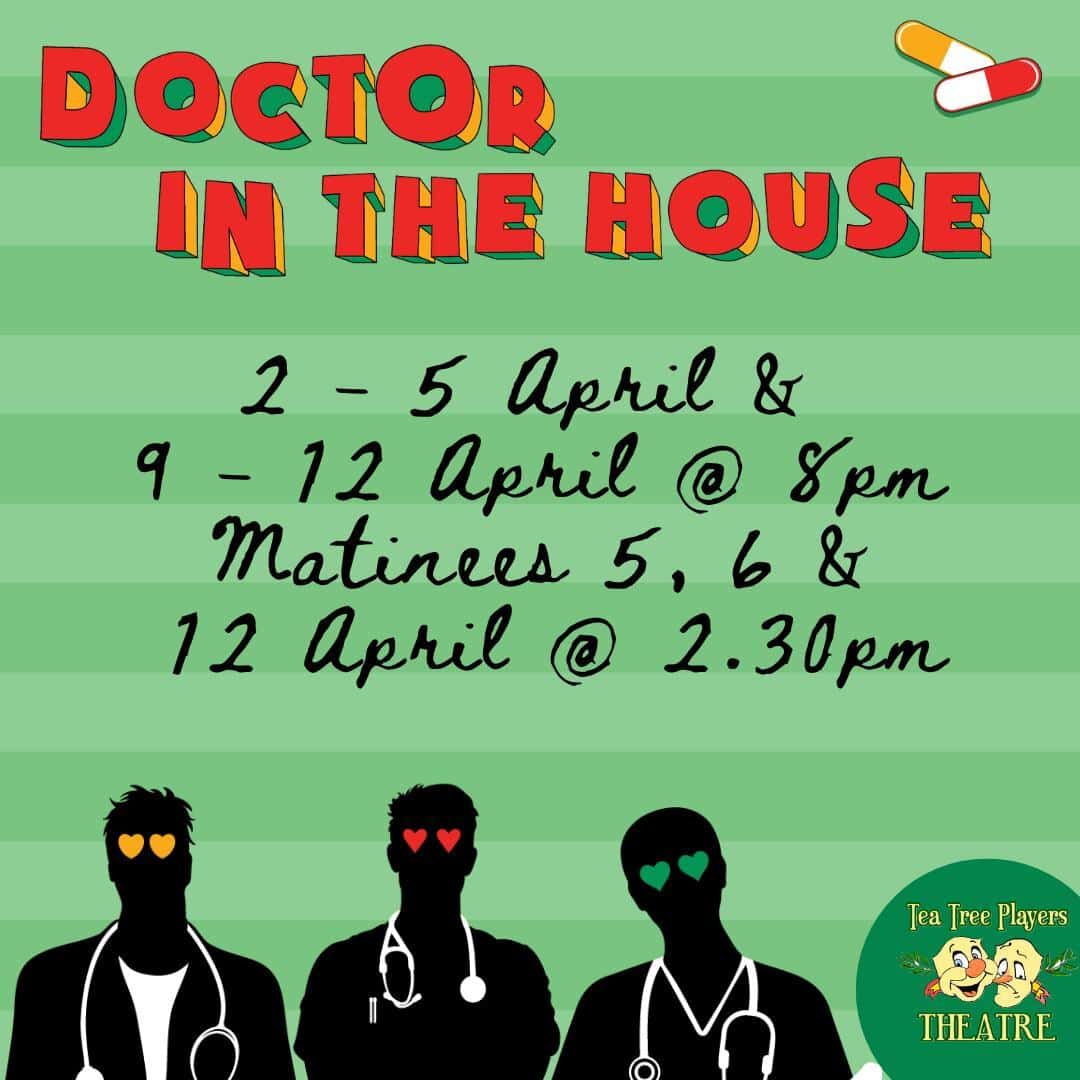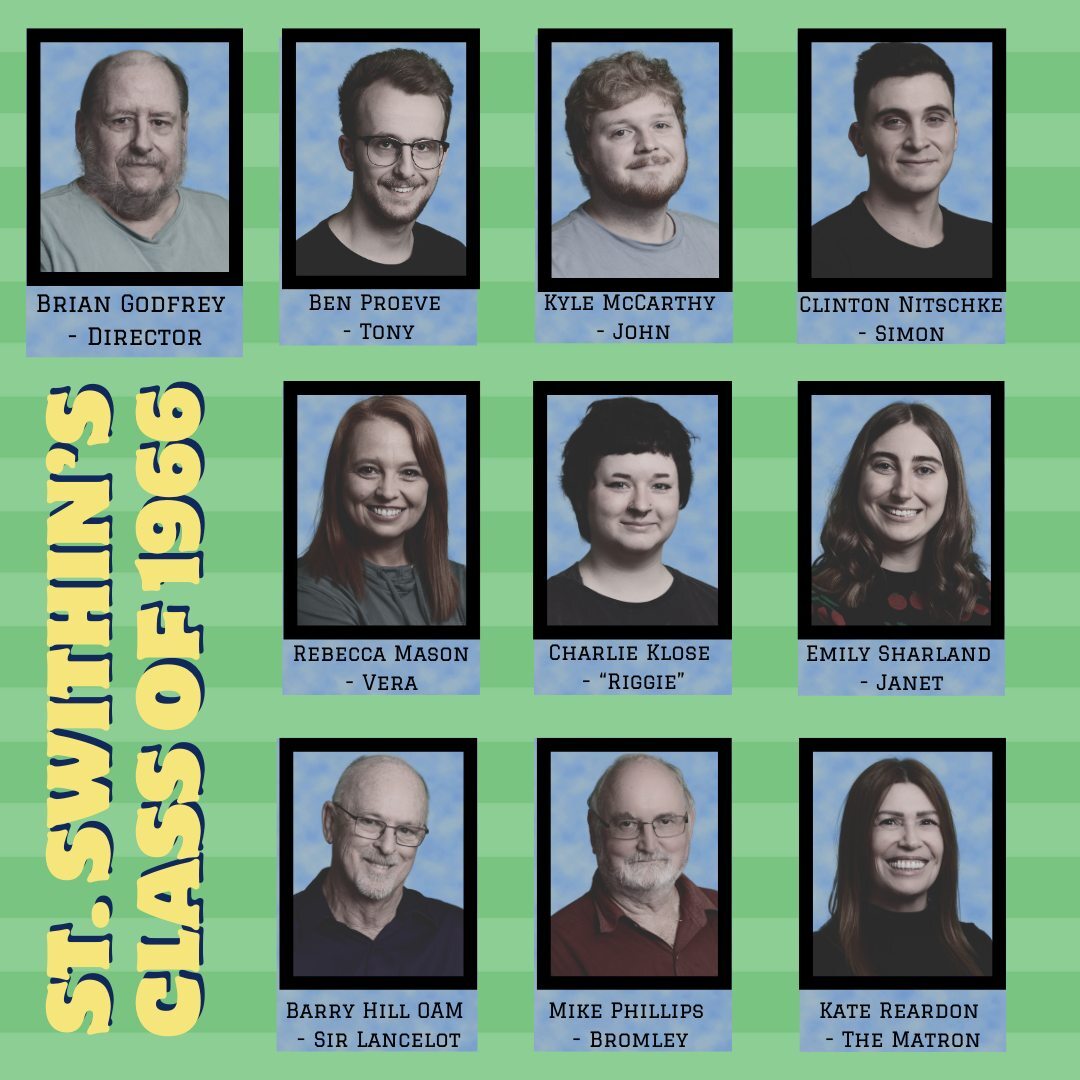Few things are more delightful than a glass of sparkling wine enjoyed riverside. The Bubbles Festival delivered exactly that and more at this year’s Melbourne session at the stunning River’s Edge in Docklands.
The atmosphere was elegant without being stiff, with floor-to-ceiling windows overlooking the Yarra and the golden glow of autumn light. This wasn’t a crowded scramble for samples but a perfectly paced event where guests could relax, discover, and indulge.
Founder Natalie Pickett opened the event with warmth and wit, reminding us that sparkling wine is beautiful and should be enjoyed with all the senses. Her tasting tips were charming and personal: listen to the bubbles, take in the aroma, and always pair with food. The canapés were curated accordingly, with a seafood station offering plump prawns, fresh oysters, mussels, and calamari and a generous cheese station of soft and hard cheeses. Additional bites roved the room, matching the mood and the wine effortlessly.


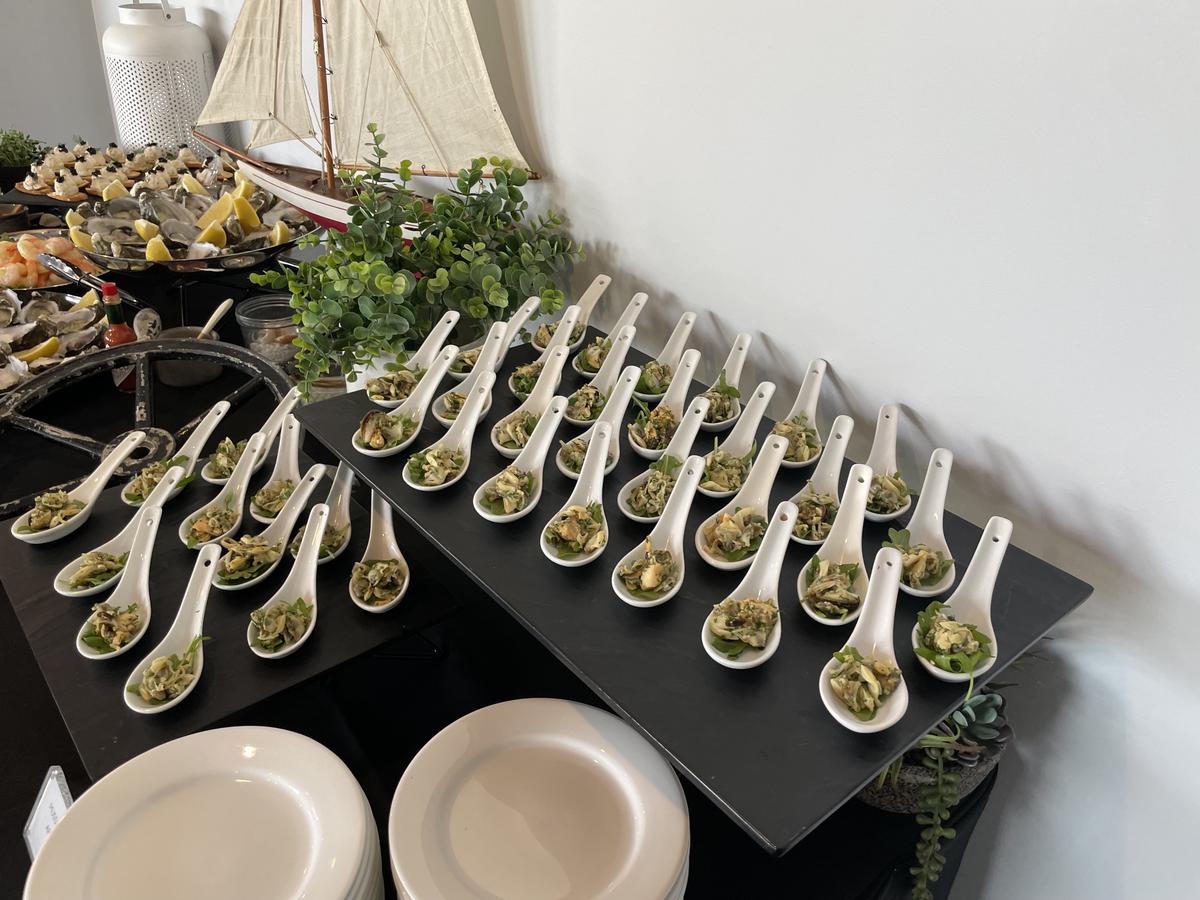
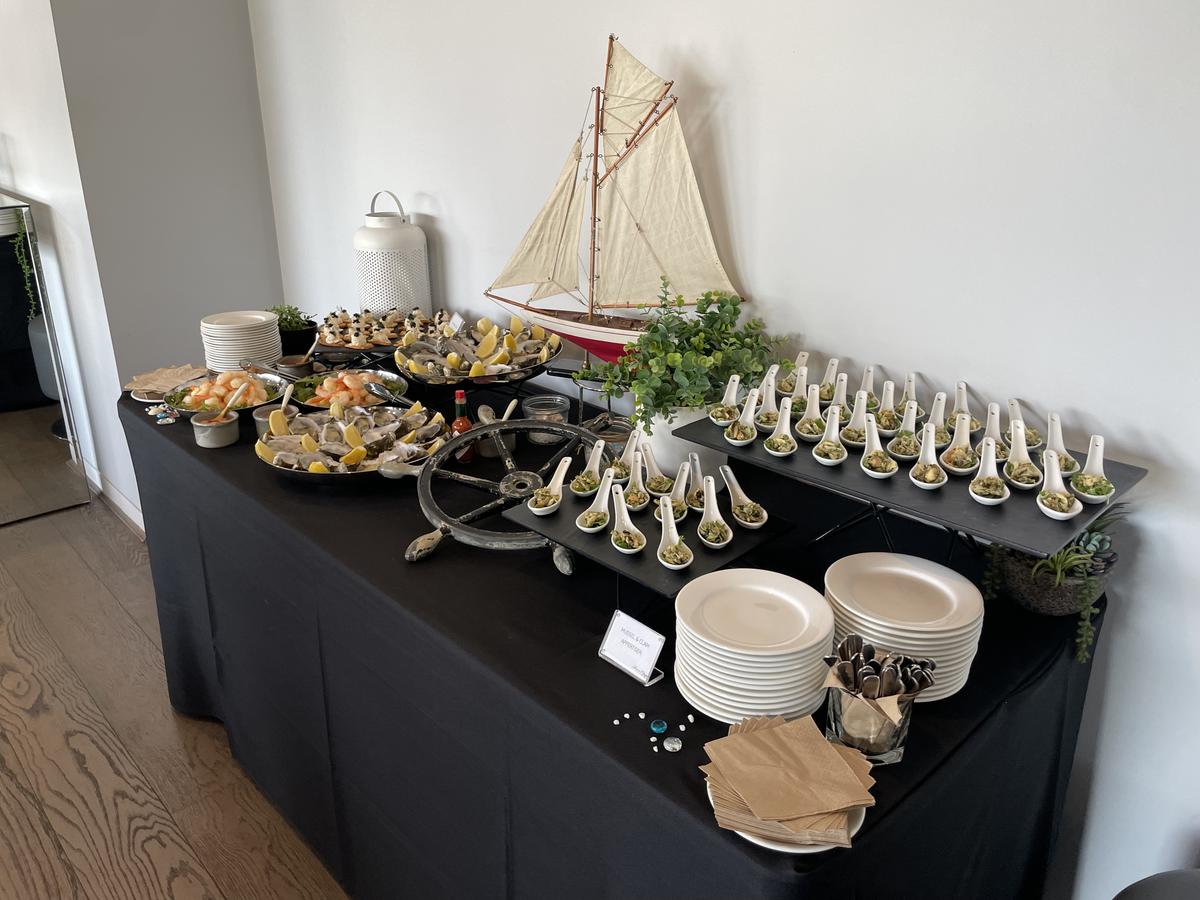
On the tasting front, the festival truly delivered on its promise of diversity. There was something for every palate, with around 18 different wines available — including French Champagnes, Italian sparklings, and standout Australian drops from the Yarra Valley, Great Western and Mornington Peninsula. A personal highlight was the Flinders Bloom Elderflower Spritz, inspired by the classic Hugo. Light, floral, and utterly refreshing, it combined méthode traditionnelle sparkling wine with lemon myrtle and elderflower for what can only be described as springtime in a glass.
VIP guests were treated to a tasting of Champagne Philippe Fourrier Millésime 2017 Blanc de Noirs, a refined pinot noir as elegant as the event itself. With a private tasting, RIEDEL glasses to take home, and a charitable contribution to Sacred Heart Mission.
Beyond the wine, guests could browse and purchase Susan Kerian’s gorgeous Parisian-style illustrations, a lovely visual complement to the day.
If you’re a sparkling lover, this event isn’t just worth attending — it’s essential. Whether you’re discovering a new favourite Prosecco or sipping vintage Champagne, The Bubbles Festival is a celebration in the truest sense.
Visit The Bubbles Festival website to book tickets and discover more about each city’s event; dates for 2025 are:
Melbourne – 3 May 2025
Brisbane – 9 & 10 May 2025
Sydney – 16 & 17 May 2025
Adelaide – 31 May 2025
Perth – 21 June 2025
To book tickets to The Bubbles Festival, please visit https://thebubblesreview.com/the-bubbles-festival/.

